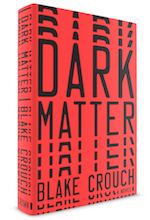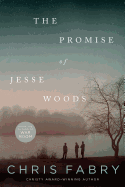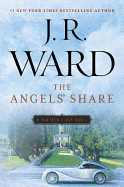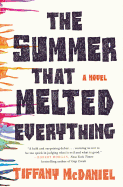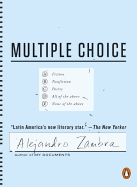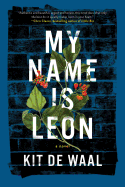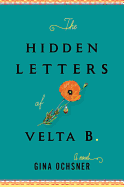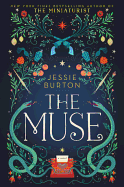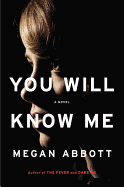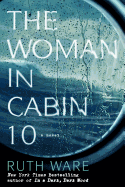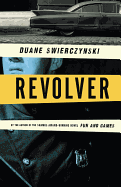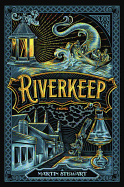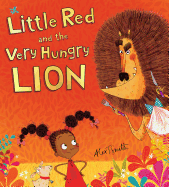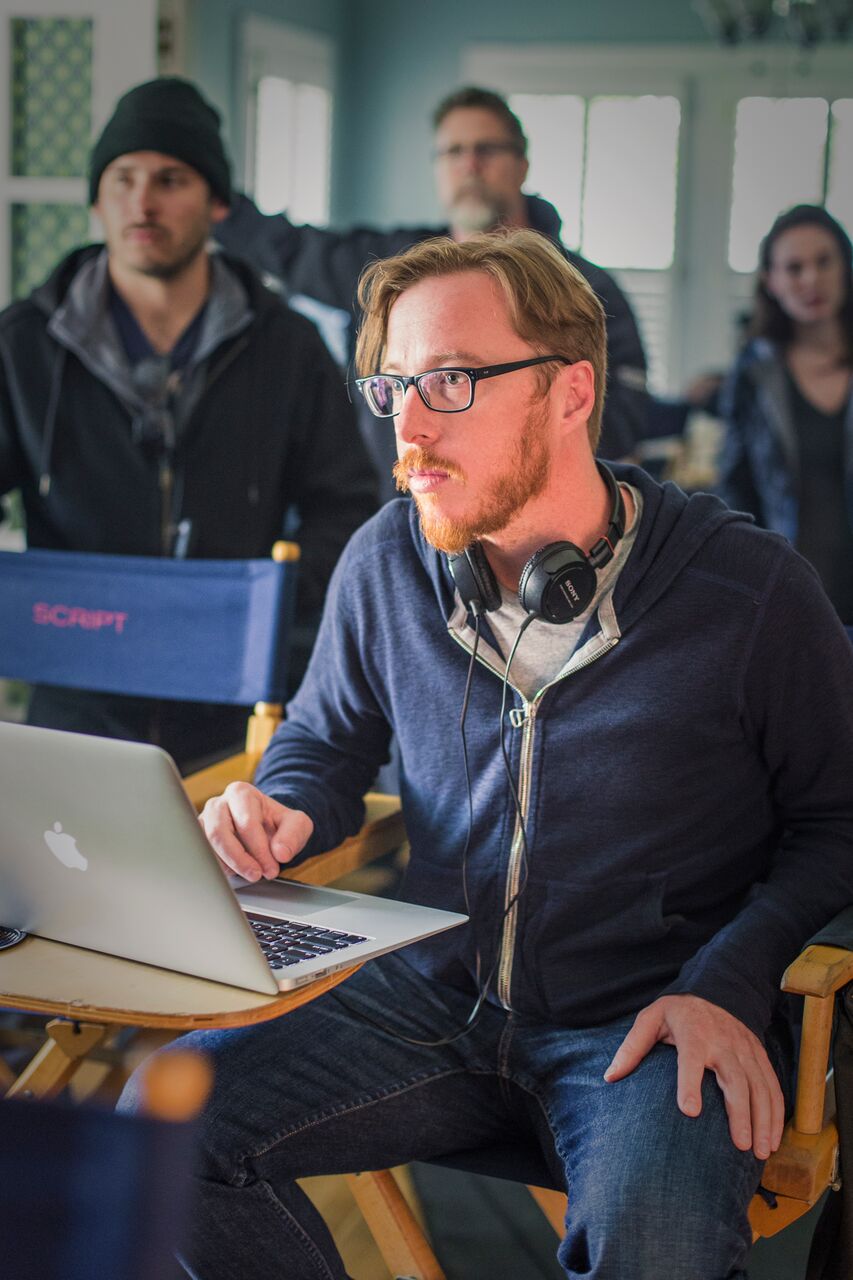 |
| photo: Jesse Giddings |
Blake Crouch is known for high-concept fiction with breakneck pacing and groundbreaking genre cross-breeding. His novels (including Abandon and the Wayward Pines trilogy, adapted into the FOX TV series) have sold more than a million copies and have been translated into more than 20 languages. His short fiction has appeared in numerous magazines and anthologies, including Alfred Hitchcock, Ellery Queen, Cemetery Dance and Thriller 2, edited by Clive Cussler. Crouch lives in Colorado.
What was your inspiration for Dark Matter?
Dark Matter has been 10 years in the making, and the inspiration was the idea of quantum mechanics itself. This field of physics is brimming with mystery and fundamental questions about existence and choices and the idea of the path not taken. It's so much more than the study of sub-atomic particle behavior. But quantum mechanics is confusing and dense. It took me a long, long time to figure out a way in that wouldn't bog down in the science or become off-putting to readers who don't consider themselves sci-fi fans. No matter what, I wanted Dark Matter to be a book for everyone.
Why set the story in Chicago? Does it have personal significance?
Well, I broke the story for Dark Matter while I was in Chicago, during a mini-writers' retreat with my friend Marcus Sakey (author of the Brilliance trilogy). Something about the vibe of those northern Chicago neighborhoods and Lake Michigan and that familiar skyline really carried the spirit of this novel. So it was never a question of where this story was going to be set.
What role did the retreat have on your writing process? For example, did parts of Dark Matter come out of discussions with Marcus? Or did you two push each other to go further in your writing as a result of being in close proximity?
At this particular retreat, I came to the table with three ideas, one of which involved the box, although in a much different context. When I mentioned the box (which obviously plays a huge part in Dark Matter) Marcus's eyes lit up, and I realized I actually had something very special. I pretty much brain-stormed the first 40 pages of the book during this trip. When I got home, there was still much work to be done, but I felt like I at least had a path through the woods.
What's your favorite aspect of Jason?
He has a sexy mind. I love his approach to problem solving, which, as a physicist, is the scientific method. He's incredibly rational, and even in the face of believing he might be losing his mind, he goes about the process of confirming what's happening to him in a calm, methodical way.
Do you think Jason is happy with his life, as his abductor asks?
Generally speaking, yes. But like all of us, I believe he has moments of doubt and regret. Moments of wondering if the choices and compromises he's made had a negative impact in the final analysis of his life. So I would say he's happy-ish.
Since you have to explain some complicated physics in Dark Matter, was Jason's occupation a conscious choice to help get the concepts across?
Not really. My choice to make Jason an atomic physicist came from wanting to write a protagonist/hero whose abilities were cerebral instead of mainly physical. It goes back to the sexy mind thing.
You definitely turn a number of tropes on their head in this book, and that seems like another one. Being methodical isn't usually considered sexy, though maybe it should be! Jason is absolutely called on to be deliberative. Did this give you a little more room to throw whatever you want at him (which you do) in terms of plot?
For sure! Considering the substantial hurdles he has to overcome (that would frankly break a lesser person), I felt like Jason needed not only to be a genius, but something of a scientist-philosopher.
In terms of the sexiness of methodical thinking, I don't know... I feel like I've seen (and written, to be fair) plenty of strong, physically determined heroes who push through unimaginable physical demands. But having someone face what Jason faces (trying not to be spoiler-y here) required a different sort of hero, whose mind and raw intelligence I find very attractive.
Jason is also a family man, and there seems to be a value judgment, at least by a number of characters, that being so is the best option he's ever had. Do you feel as strongly about the concept of family?
Yes, but not from the standpoint of there being a right answer in terms of family v. career. I wrote Dark Matter (I realize this only in hindsight) because of this internal dilemma I've been grappling with over the last few years. I have a dream career. I'm literally doing the thing I wanted to do when I was a kid, and over the past few years I've been so fortunate and had many doors open to me to pursue storytelling across books, film and TV. But I am a father of three and as my time is more and more in demand, I feel the tension between me the writer/creator and me the father. So with Dark Matter, I wrote a story about a man who is faced with a similar dilemma, and it let me explore the polar extremes of each choice (the career track, the family track) and what effect those choices have on my character Jason Dessen. I've realized recently that all my writing lately is basically some form of therapy.
There are a lot of writers, even in other disciplines, who feel the same way about their work. There's a kind of quietism, where you can ask the questions of your life through narrative or philosophy that you probably should ask aloud to your spouse. But I'd argue that your work goes pretty full-throttle into the darkest corner of those questions. What makes you want to go to those polar extremes? Does it bring your own life into a finer focus?
I think by exploring the polar extremes, it puts the question of dualities and the road not taken in stark relief, even if most people's self-searching (mine included) plays out in less drastic scenarios.
There are a number of points where Jason questions his own sanity, though there's never the feeling that he's an unreliable narrator. Did you ever consider casting doubt on his narrative voice?
Only briefly. But because the plot of Dark Matter is so serpentine and mind-bending, I felt that the audience (and the author, to be honest) needed to be grounded in a man fully in control of his faculties.
The book doesn't fall into one particular genre, bouncing from thriller, to sci-fi, to horror. What made you interested in blending different tropes in your story?
I'm not sure it was a conscious decision. I just happen to love storytelling that crosses genre and hides genre and turns tropes inside out. Those are the stories that really pull me in. So I guess, ultimately, I'm writing the kinds of books that I would want to read.
While it appears Jason's story has ended with the closing pages, the world you've created seems ripe for further exploration. Would you consider turning it into a series, like many of your previous novels?
There was a moment as I was writing the book and moving into the third act that I realized, if I wanted to, I could very easily break Dark Matter into two or even three novels. The idea is big enough to sustain it. But I had just come off of writing a trilogy (Wayward Pines), and I felt compelled to present the ideas in Dark Matter in a single, standalone story. Distilled, honed, nothing held back, no vamping, no exploring subplots in the name of padding-out story.
So I have no intention of turning Dark Matter into a series. I feel like with this book, this idea, this subject matter, I left it all on the field. --Noah Cruickshank
_-_Photo_by_Andrew_Hyslop.jpeg)



